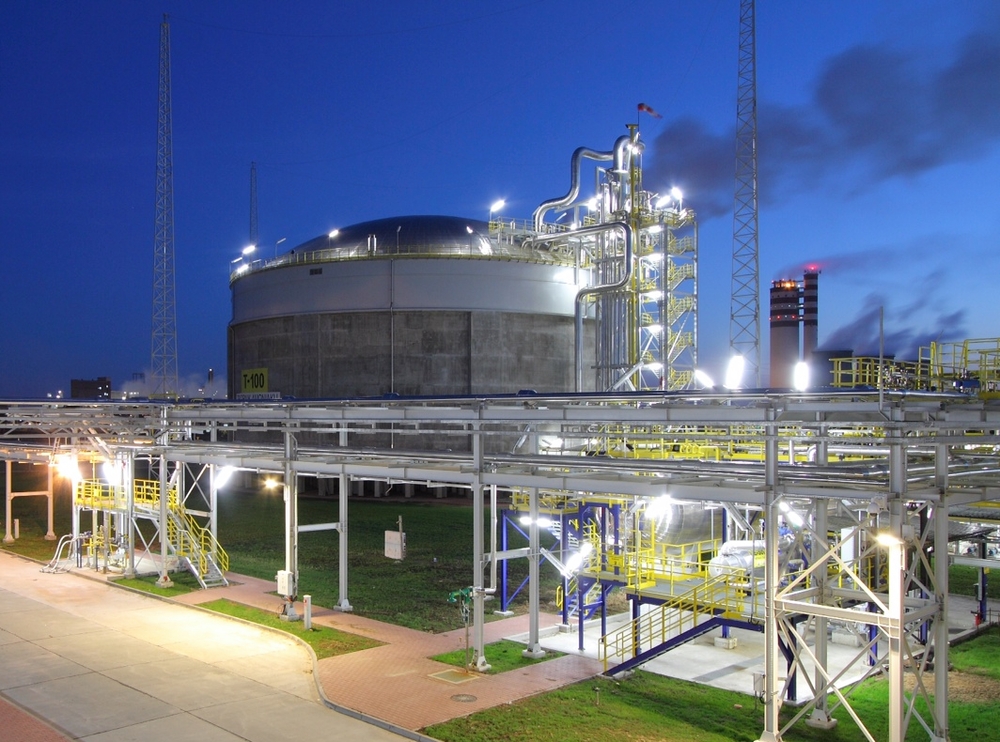Azoty, one of the biggest producers of chemicals in Poland, has reduced production, a move that was soon followed by Anwil, of the state-owned PKN Orlen gas and oil giant, which curtailed its production of fertilizers. The reason? The astronomically high cost of natural gas, which went from €87 on June 13 to as much as €276 per megawatt-hour (MWh) today.
These price hikes are greatly tied to the war in Ukraine and Russia’s decision to limit gas supplies via Nord Stream 1.
The high price of gas is hitting Azoty hard, but it is also hitting Orlen and copper giant KGHM. Also affected are Polish steel, glass, and paper producers. The larger producers are trying to play a waiting game hoping that prices will stabilize, as they cannot hope to simply transfer their higher costs onto consumers.
[pp id=46171]
These companies have already been affected by a huge drop in demand due to inflation-hit consumers cutting back. Higher prices of fertilizer are a threat to agriculture and to the rural electoral base of the ruling Law and Justice (PiS) party.
The cut-back in production from Azoty is not only hitting fertilizers but also polymers, which are used in the production of furniture and sports equipment. And the high price of gas is bound to impact the entire industry. If the situation on the gas market does not stabilize, many branches of industry including glass, ceramics, bakeries, and central heating will be adversely affected, thereby slowing the economy down even further.
[pp id=46081]
A state of uncertainty and energy crisis are set to accompany us right through the winter. This is because the Kremlin understands that the weaponization of gas is effective. No need to send Kinzhal or Iskander rockets to Europe in order to hit the European economy.
If the repairs of one of the turbines can cause such disruption, what can we expect when General Winter comes to Moscow’s aid? The first psychological attack has already been made, even in the middle of summer, and the dress rehearsal looks to have succeeded.






